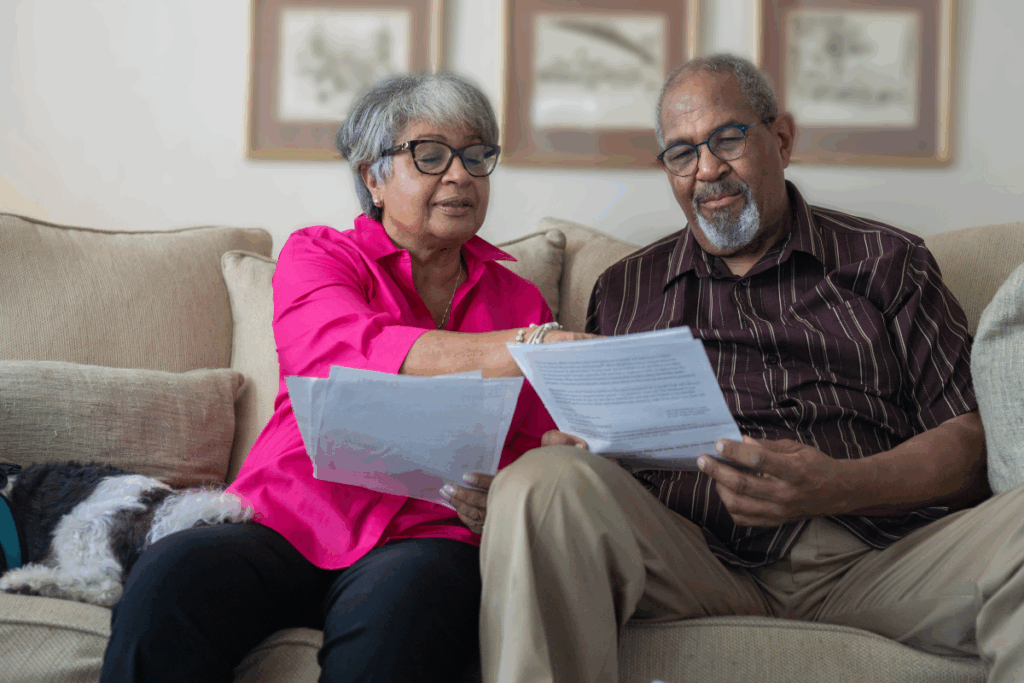
🗂️ 1. Know What to Keep
Start by gathering and sorting your important documents into categories. Here’s a list of what you should keep safe and accessible:
- Personal Identification: Birth certificate, ID card, driver’s license, passport and SASSA card (if applicable)
- Medical Records: Medical aid info, doctor contacts, vaccination history, prescriptions
- Legal Documents: Will, power of attorney, living will, healthcare directive
- Financial Documents: Bank account info, investment records, pensions, tax returns (last 5 years)
- Property & Insurance: Deeds, titles, mortgage papers, home insurance, vehicle documents
- Funeral or End-of-Life Plans: Burial preferences, pre-paid arrangements, obituary details
📁 2. Use a Filing System That Works for You
Choose a method that’s simple and easy to maintain:
- Accordion folder with labelled tabs
- Three-ring binder with plastic sleeves
- Portable filing box with hanging folders
- Digital backups (scanned and saved securely)
Label everything clearly and consider colour coding by category for quick reference.
🔐 3. Store Documents Safely
Store originals in a secure, accessible place:
- A fireproof safe at home
- A locked drawer or cabinet
- With a trusted family member or legal representative
Important: Do not store essential documents in storage units or garages where temperature and security may be unreliable.
🧑⚕️ 4. Let Someone You Trust Know Where Things Are
Choose a family member, caregiver, or legal advisor who knows where your documents are stored. If you become ill, injured, or need help making decisions, having everything organized can be a tremendous relief for your loved ones.
Consider giving a copy of your healthcare directive or power of attorney to this trusted person.
📲 5. Go Digital — Safely
If you’re tech-savvy (or have help), scan and store copies of your documents on a secure cloud service (like Google Drive or Dropbox) or a password-protected flash drive. This offers peace of mind in case the physical copies are damaged or lost.
Be cautious: Use strong passwords and never share your login info without careful thought.
✅ Bonus Tip: Review Once a Year
Set a reminder to check your document folder annually. Shred outdated papers, update changed information and keep your system current.
💬 Final Thoughts
Organising your important documents isn’t just about tidying up — it’s about protecting your future and making life easier for those who love you. Whether you do it yourself or with help, this is a meaningful step toward peace of mind.
If you or a loved one needs assistance sorting paperwork or preparing for a move, our team is here to help with compassion and care. Reach out for a free consultation!
Click HERE to receive your freebie: Important Documents Checklist for Seniors
